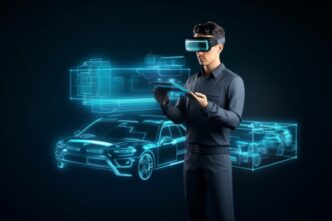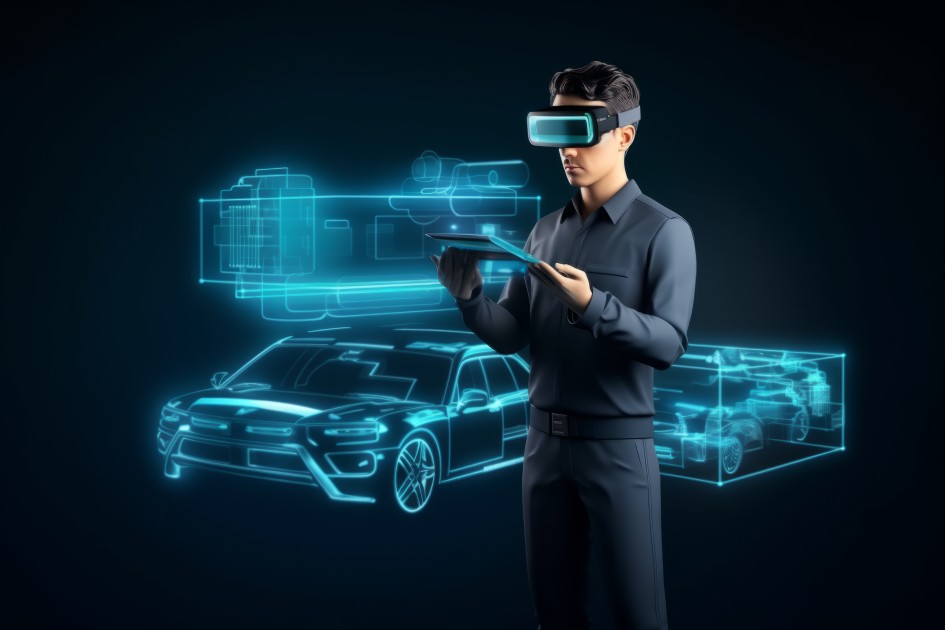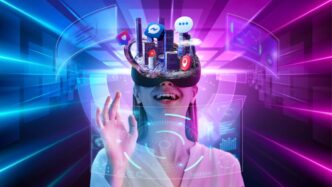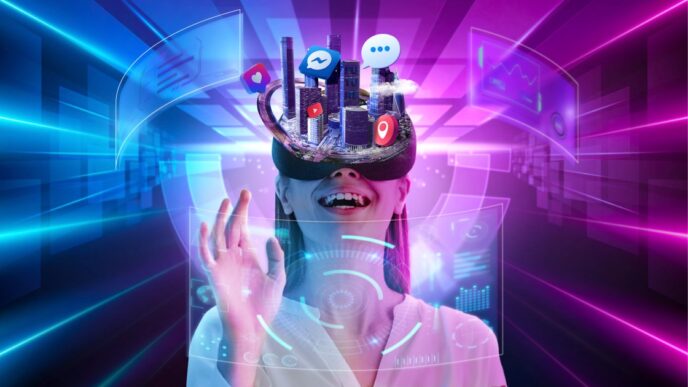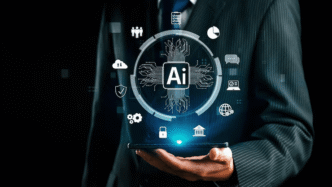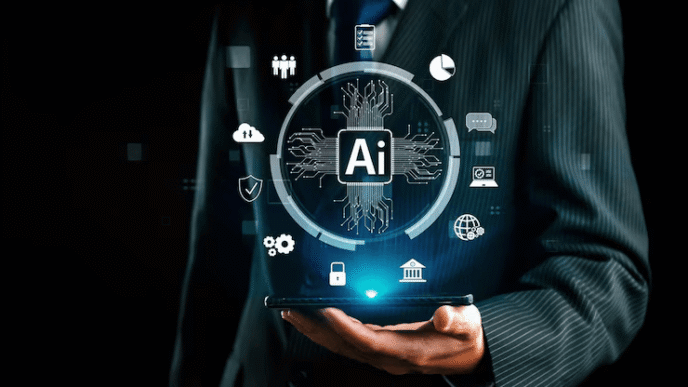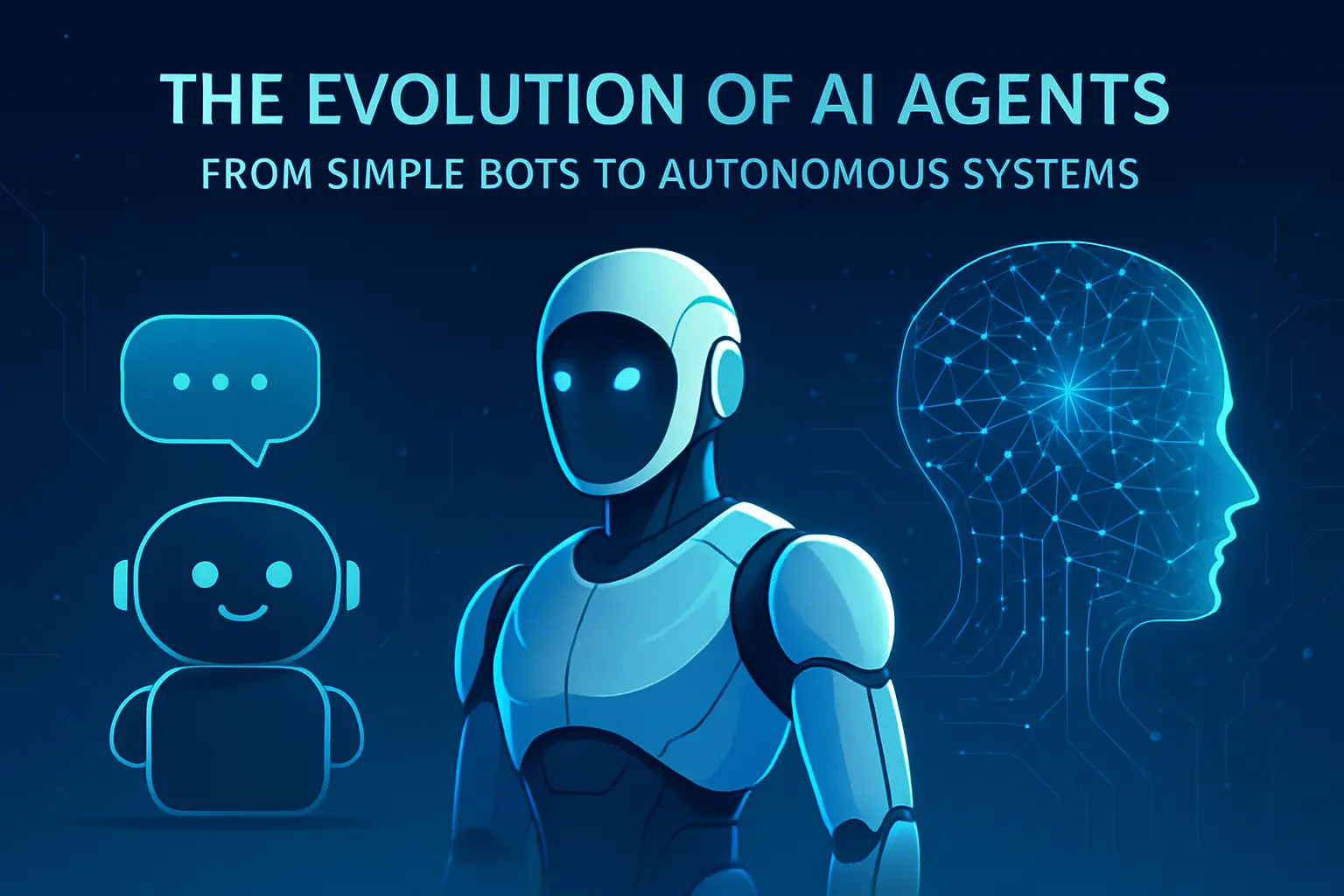Artificial Intelligence (AI) is quickly shifting from just being a helpful tool to possibly becoming the core engine that drives businesses. As AI agents grow smarter, more independent, and capable of making complex decisions, a fascinating question emerges: Are we heading towards a future where companies operate autonomously with AI “Auto CEOs” at the helm?
The Rise of AI Agents in Business
Gone are the days when AI agents were just simple chatbots or basic task automation tools. Nowadays, they can:
– Analyze data and forecast trends.
– Manage workflows with little to no human input.
– Take care of customer service, marketing, and sales outreach.
– Aid in financial planning and risk management.
These advancements are paving the way for businesses to operate entirely on their own.
What is an Autonomous Company?
An autonomous company is one that can run with little or no human oversight, powered by AI agents that handle both strategic and operational decisions. In these companies, AI could:
– Hire and oversee employees (whether human or robotic).
– Allocate resources in a smart way.
– Launch and refine marketing campaigns.
– Innovate products based on what customers want and market insights.
In essence, the company evolves into a self-sufficient entity where AI systems take over traditional management roles.
The Concept of an Auto CEO
The notion of an Auto CEO might seem like something out of a sci-fi movie, but it’s already being explored in various ways. Picture a CEO who is:
– Driven by data and free from human biases.
– Always on call, making decisions in real-time.
– Constantly learning from global economic, social, and technological shifts.
An Auto CEO could:
– Approve budgets.
– Shape the company’s vision using predictive analytics.
– Drive mergers and acquisitions through AI-powered simulations.
In a nutshell, the Auto CEO would be a decision-making powerhouse, ensuring the company thrives, adapts, and innovates.
Benefits of autonomous companies!
Speed & Efficiency: Imagine making decisions in the blink of an eye no more lengthy meetings or second-guessing.
Cost Reduction: With fewer layers of management, companies can save a pretty penny on overhead costs.
Scalability: AI has the power to juggle multiple branches, projects, or even entire companies all at once.
Fairness: Decisions are made based on data, steering clear of personal biases.
some challenges and ethical concerns.
Accountability: If an AI makes a poor choice, who’s to blame?
Transparency: Sometimes, AI models can feel like “black boxes,” leaving us scratching our heads about how decisions were reached.
Human Employment: We could see entire sectors of middle and senior management being replaced.
Regulation: Governments will need to step up with frameworks to ensure ethical AI practices.
real-world progress toward AI-driven CEOs
we see some exciting developments.
Startups are already testing AI management tools. For instance:
Venture capital firms are using AI to pick their investments.
Retail giants are turning to AI for smart inventory and pricing strategies.
Decentralized Autonomous Organizations (DAOs) in the blockchain world are operating without traditional CEOs, relying on algorithms and community votes.
These examples show that AI-led companies are becoming a reality, not just a concept from science fiction.
As for the future, we’re likely heading toward a hybrid model where AI takes care of 80–90% of operations, while humans provide the oversight, creativity, and ethical guidance. In this setup, the “Auto CEO” serves as a co-pilot, with human executives making the final calls on morality, vision, and culture.
In conclusion, the rise of AI agents signals a major shift in how businesses function. Autonomous companies and Auto CEOs could soon reshape our understanding of leadership, management, and entrepreneurship. Those who embrace this change responsibly will be at the forefront of the next industrial revolution, where human and artificial intelligence collaborate to build a smarter economy.
